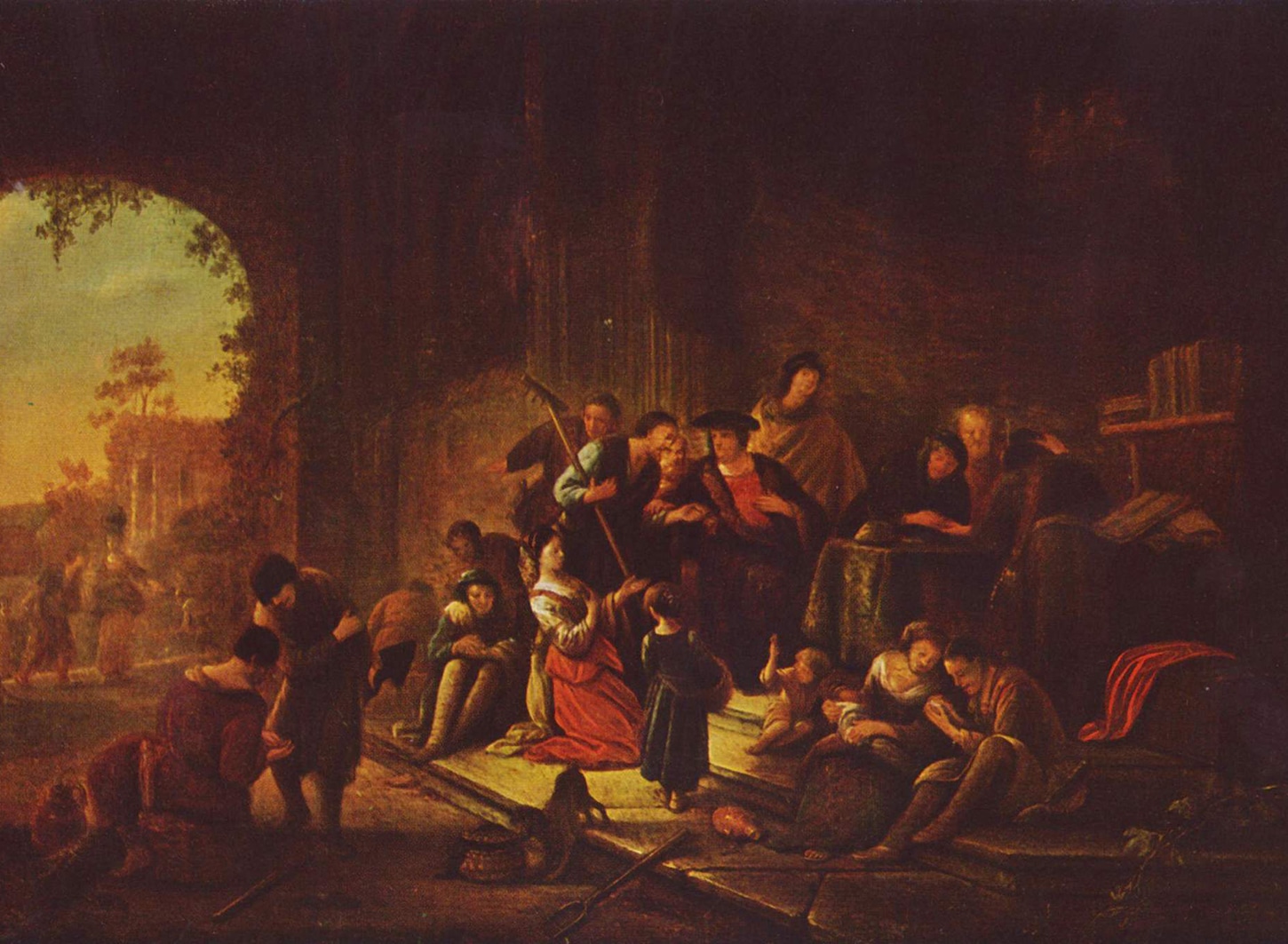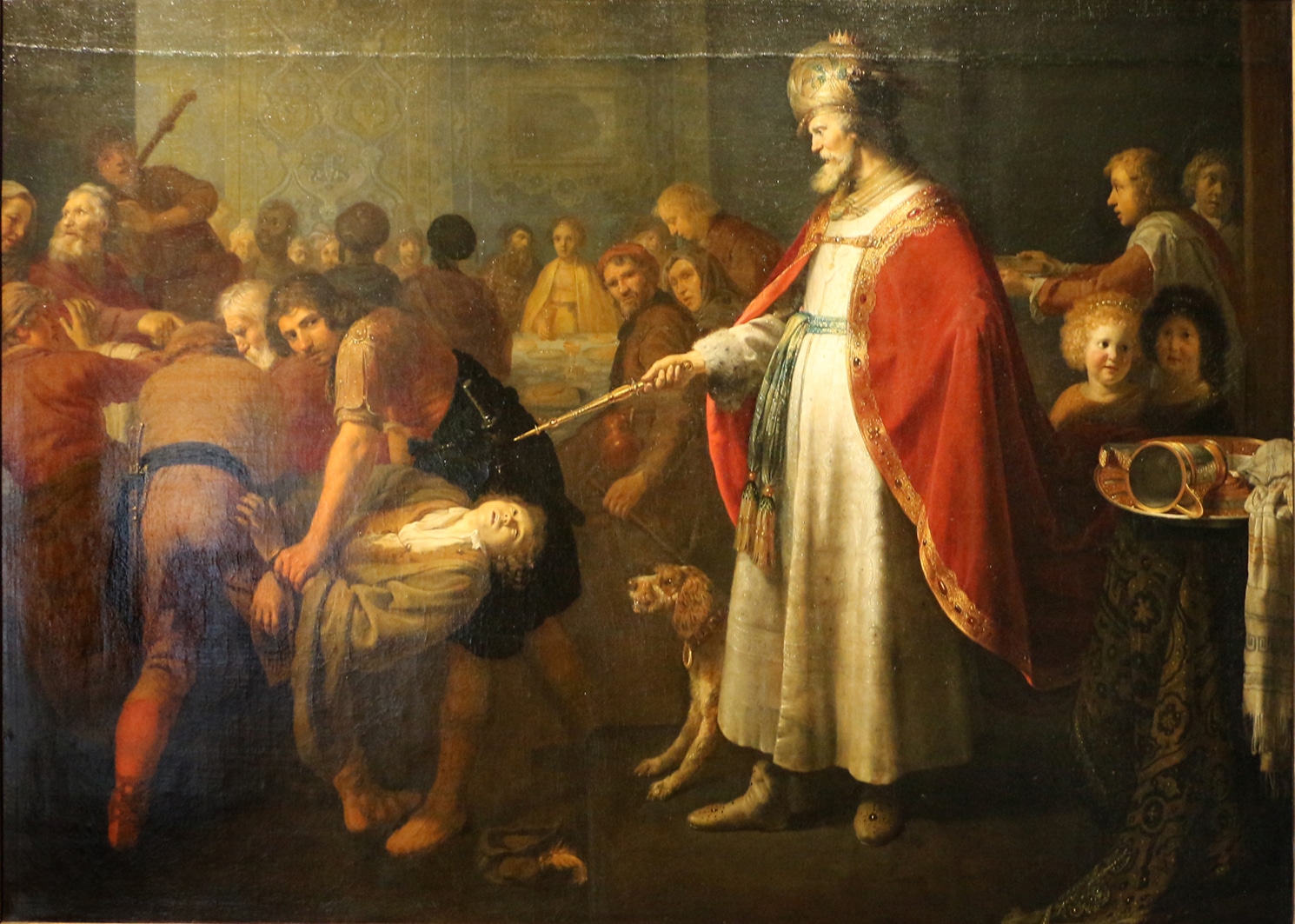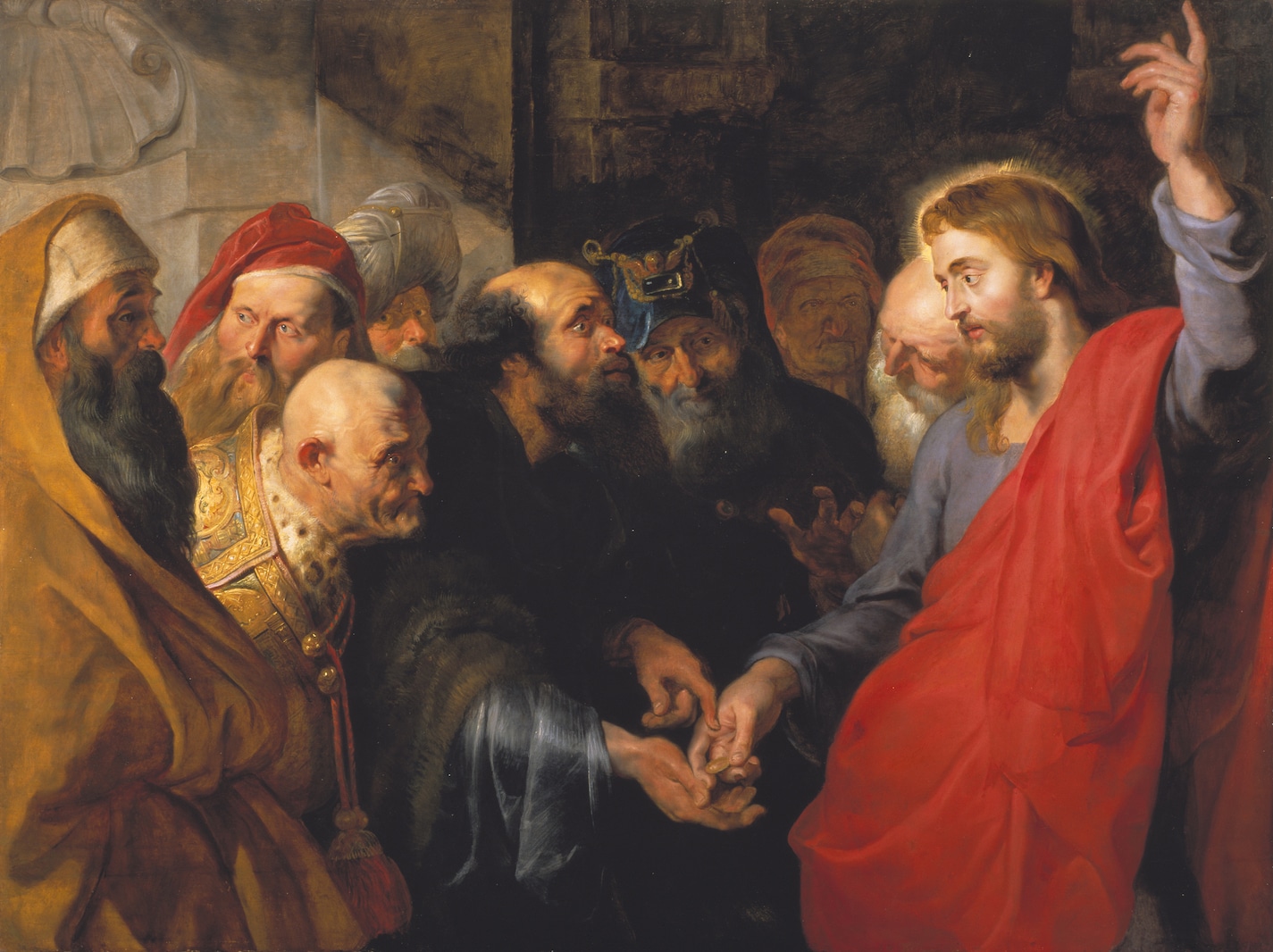The Gospel reading this Sunday is tricky in at least one sense because of two little Greek words found in verse 15: eis se. Translated “against you,” the thing is they’re not found in some rather important ancient manuscripts. For instance, they’re found in neither the Codex Sinaiticus nor the Codex Vaticanus. That’s significant because what Jesus is saying here really depends on those two little words.
Think about it. Here’s one way to read it: “If your brother sins against you, go and tell him his fault between you and him alone.” With eis se in the verse, one can interpret it to be about interpersonal conflict, about what to do when you have trouble with another person if someone sins against you. But what if those two words aren’t in verse 15? Here’s how it would go: “If your brother sins … go and tell him his fault between you and him alone.” That changes things. No longer an interpersonal matter, now it’s possible to read this verse broadly, as if Jesus is saying we should be concerned about all disciples who sin, not just those who sin against you. See what I mean? Those two little words matter a lot.
But what does any of this mean? Why bring it up? Well, both versions of verse 15 are rich in truth; the curious little debate about eis se doesn’t, at the end of the day, matter all that much. Either way there is much to learn.
| September 10 – 23rd Sunday in Ordinary Time |
|---|
|
Ez 33:7-9 Ps 95:1-2, 6-7, 8-9 Rom 13:8-10 Mt 18:15-20 |
For example, think about the verse with “against you” in it. What we learn here is something very important about how Jesus wants us to think about other disciples, the community, and the Church. Other disciples are our brothers, our sisters; the Church is a family. In Mark 3:34-35, Jesus said this explicitly, didn’t he? Thus, as disciples in the family of God, we are to treat each other as family; that is, we are supposed to attend to the joys and pains and sins and needs for forgiveness as seriously as we do in our own biological families.
As author Erasmo Leiva-Merikakis put it, “All of the effort normally expended within a family to ensure peace, unity, collaboration, and prosperity … is now to be analogously expended, with exceptional intensity, for the building up of the family of God founded by Christ Jesus.” That we call each other brothers and sisters is no mere sentimental ornament; it changes the whole moral and ethical game. Because you can’t just discard a brother or sister disciple if he or she sins against you; you can’t “cancel” them. Rather, because we’re a family of disciples, we must commit ourselves to the hard work of reconciliation and the creativity of forgiveness. We can’t give up on each other when we dare to call each other sisters and brothers.
But what if we read the verse without “against you” in it? Then another truth comes to light, one we modern folk aren’t entirely comfortable with. “If your brother sins … go and tell him his fault between you and him alone.” What if Jesus is saying here that since we are disciples together in the family of God, we should be so united that we are in fact concerned if another disciple sins — even if it’s not against you or me personally? What if Jesus, in fact, does not respect our modern sense of privacy? What if he’s saying that Christians should look out for one another, even morally and ethically? What if he’s saying we should be willing, in love, to call each other out when we sin? Again, Jesus said we’re family, correct? What if he’s saying something that makes us uncomfortable, like we really are family and that we should act like it even when dealing with sin? I told you those two little Greek words were important!
Now, I know I’ve raised more questions than answers, but here I think that’s a good thing. At the least, I think what’s valuable is that this passage shows that Jesus means for us to take our relationships with other Christians seriously. He means also for us to take morality seriously. We’re to talk about it, argue, speak truth, forgive, reconcile. Which means we can’t live our Catholic life in isolation. We can’t just go to Mass individualistically, take our sacraments and run. Rather, we must involve ourselves in each other’s lives even though it’s messy sometimes. But that’s why forgiveness is so beautiful, why it’s like grace.







